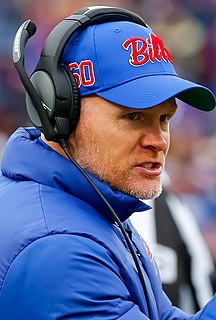A Quote by Tim Sweeney
I welcome Microsoft having a store on Windows; what I've always resisted was a push to close down Windows to competing stores.
Related Quotes
Microsoft's Windows 3.1, released in 1992, was the first truly successful edition of Windows and juiced the Redmond juggernaut. Apple's Macintosh System 7.5, released in 1994, was another in a string of versions that lacked key architectural features that the Mac didn't have until Steve Jobs returned and brought with him the code that became OS X.






























